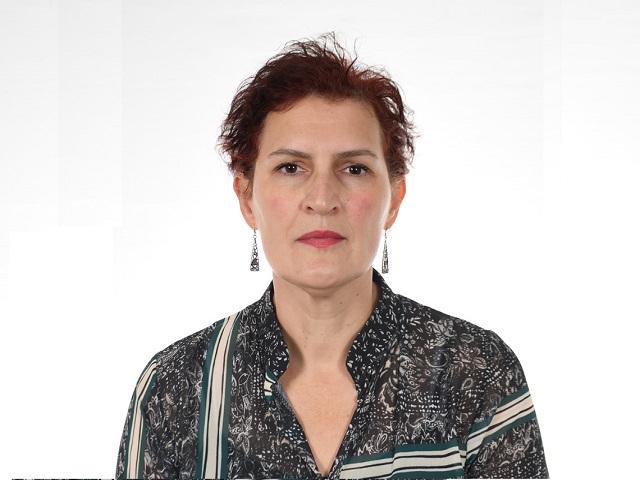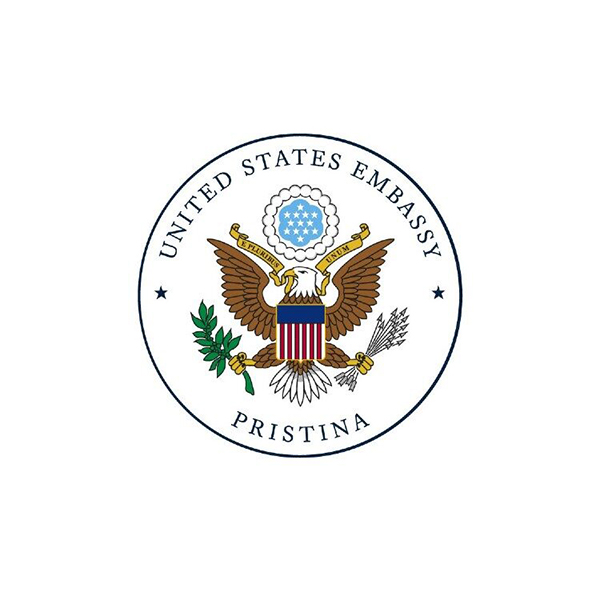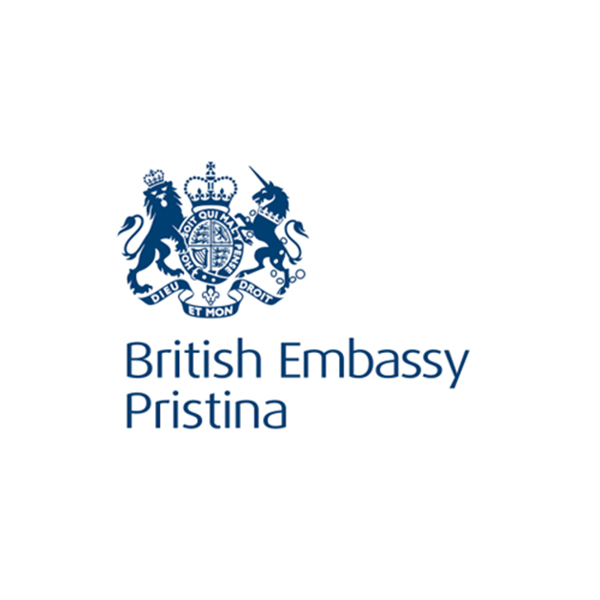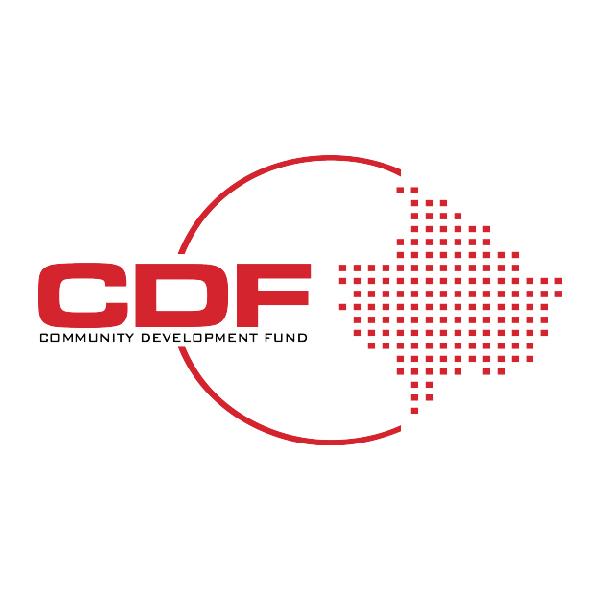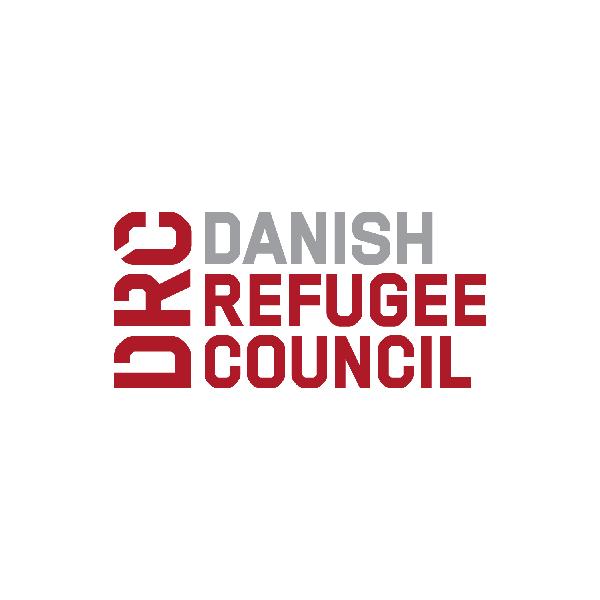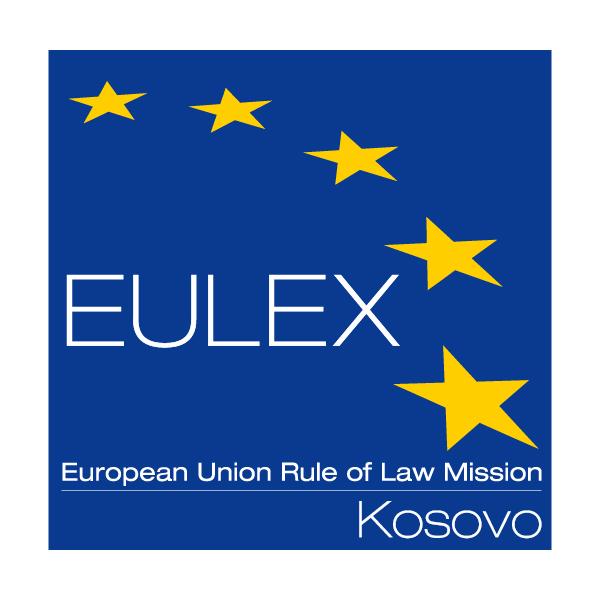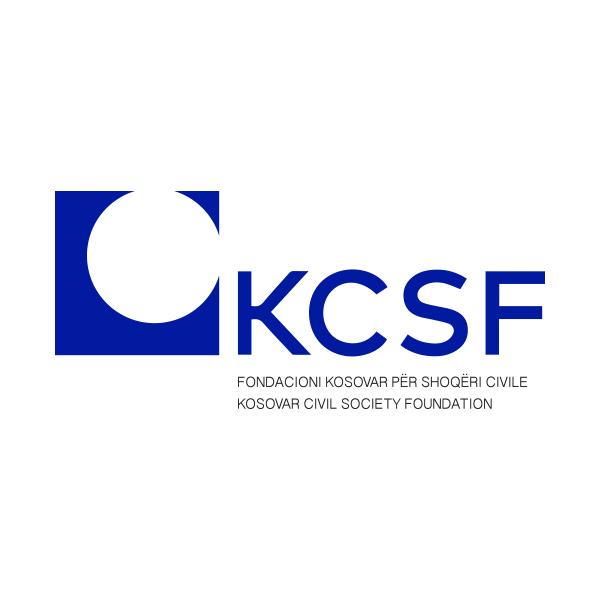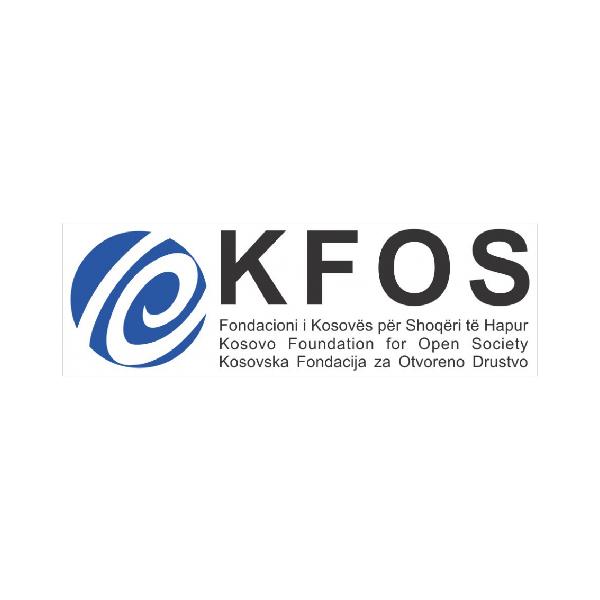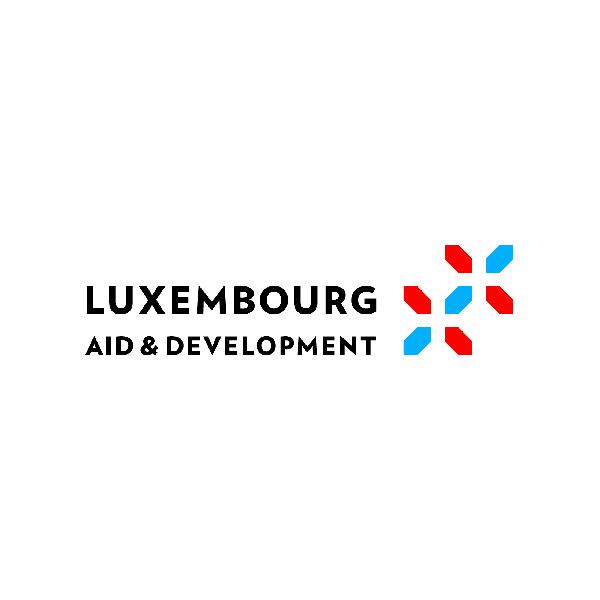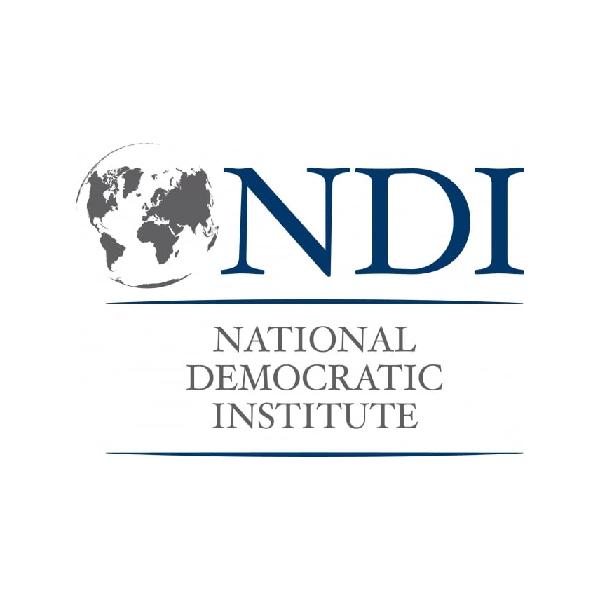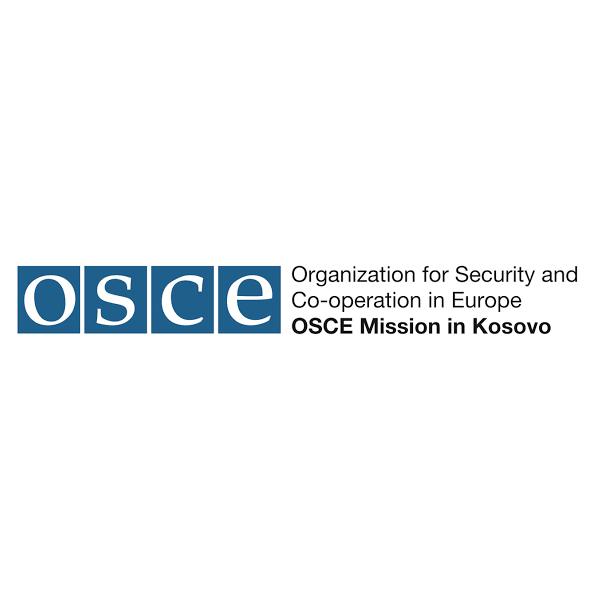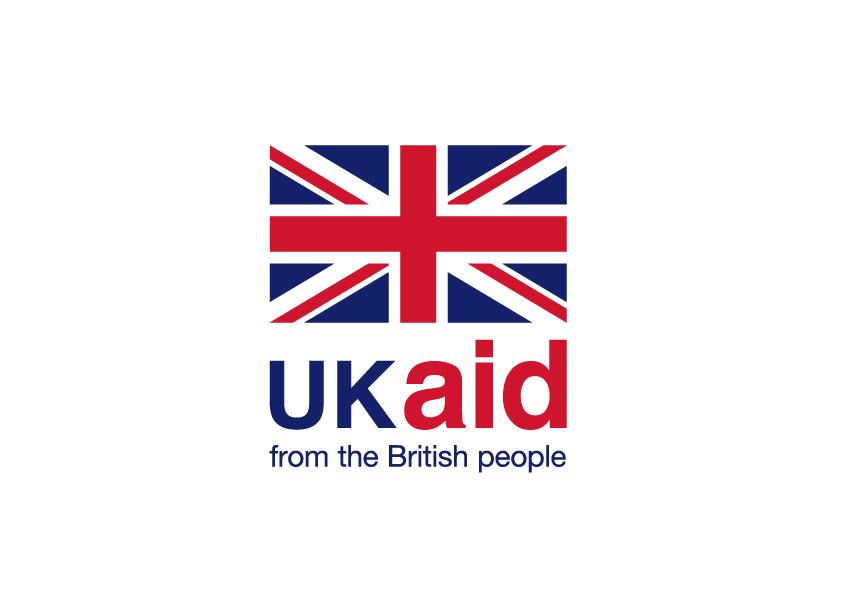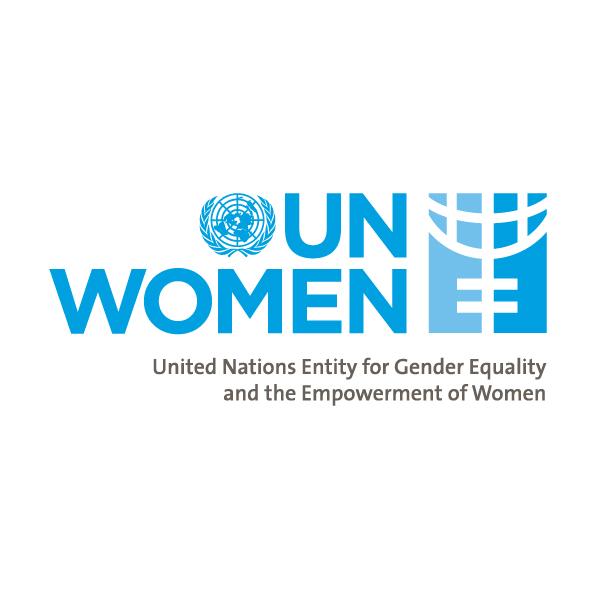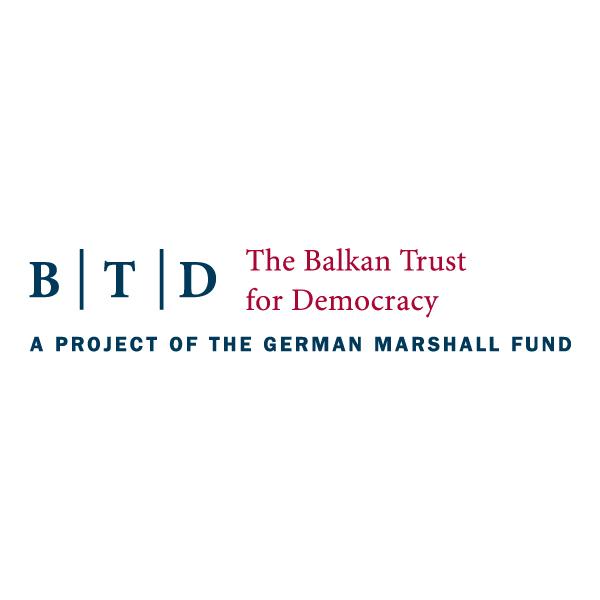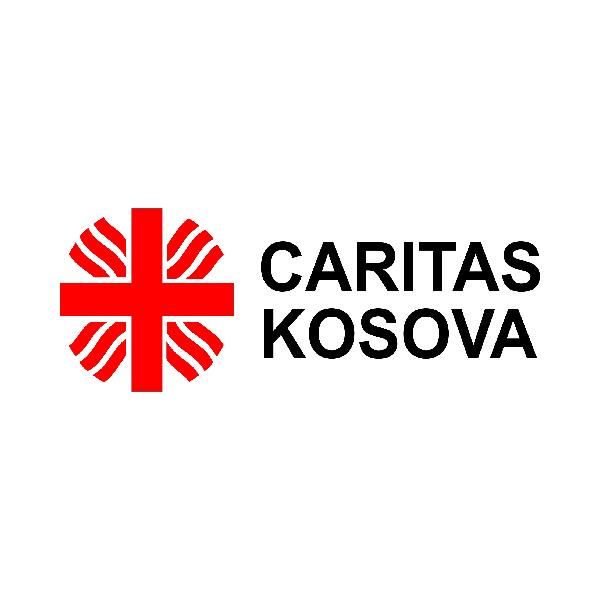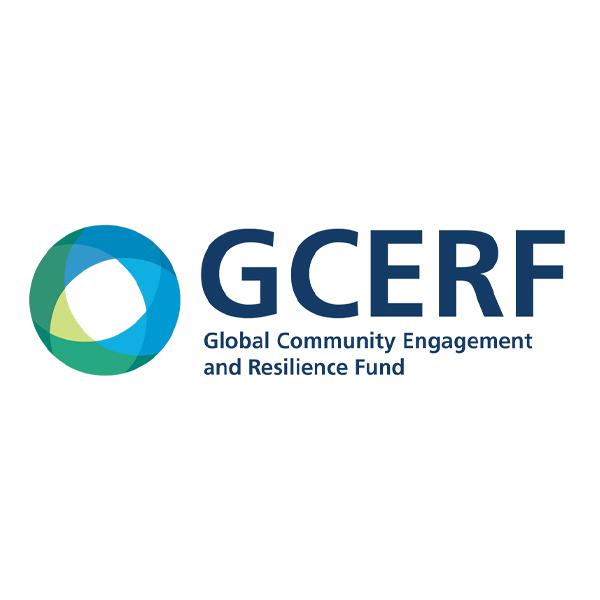Institutions such as the courts and truth and reconciliation commissions are key elements of an internationally established tool for transitional justice. Such measures are rarely sustainable or effective in the aftermath of the mass violence. Those who are affected by the violence must be proactive in order to renew social relations in the post conflict society. Civil society plays an important role in these changes, but it also needs to be consulted so that communities can focus on dealing with continuing social injustices they believe are at the root of this violence.
How civil society can promote interethnic understanding is not primarily of a transitional nature, but rather a transformative and performative process. In this way, locally guided mechanisms of transitional justice deal not only with the past and the legacy of violence, but also with the legacy of harmony and peace, and the emergence of integrative means for the future.
Various art forms can be transformed into a force that aims to reintegrate a society divided by violence and unite it so as to resist repression by political elites. Young people have played and must play an important role in this dynamic. The search for reconciliation must be an imperative of all social strata and ethnic groups, because in this way it turns into a broader struggle for social justice and sustainable peace.
In the aftermath of Yugoslav wars
The countries of the former Yugoslavia have taken a number of initiatives for transitional justice and reconciliation for the purposes of addressing the legacy of the wars of the 1990s and the deep political and social divisions that have thus arisen. Transitional justice practitioners increasingly agree that, in order to foster significant change, transitional justice must go beyond hybrid and national war crimes trials and address restorative justice a little more seriously, and integrate the most vulnerable groups affected by conflict such as war victims, families of the missing persons, women and children.
Since the Dayton Accords, the international community has focused more on criminal trials, war crimes prosecutions and the establishment of an international hybrid tribunal for crimes in the former Yugoslavia (ICTY), while simultaneously demanding that Serbia, Croatia and Bosnia and Herzegovina take serious efforts to find the so-called small fish and try them in local war crimes courts. Kosovo was no different, nor did Kosovars show the will and courage to deal with war crimes, nor did the international community have the full confidence to leave it to Kosovo’s judiciary system to deal with these issues. First UNMIK and then EULEX continued to prosecute war crimes trials, but not very successfully.
But the greatest burden still remained on the shoulders of the civil society, which at no time stopped working in the field of dealing with the past and which took on an even greater burden, that it was not ready to bear.
Civil society not only took on the burden that did not belong to it, but also believed that changes and integration of societies would occur in a shorter period of time than was imagined.
In the two and a half decades since the end of the war in Bosnia and Herzegovina and Kosovo, many initiatives have been taken in the field of transitional justice, and civil society has not stopped looking for alternatives that would enable a more real confrontation among its former neighbors.
Despite the existence of a vast research on documentation, archiving, constant advocacy and intervening in changing bad policies on dealing with the past, as well as a number of initiatives to bring communities together through the arts, civil society continues to play an important role, but we have not yet achieved lasting peace in the region. Civil society very often forgets that it is just one piece of the puzzle and that it cannot work on reconciliation without engaging several other important actors.
Until civil society realizes that it simply cannot create a space for reconciliation, because it has neither the power nor the legitimacy to guarantee something like that, it must understand that it has certain limits and must work within such a framework. One thing we all lack in the region, and especially in Kosovo, is the fact that civil society must find a way to advise and build bridges with politicians, and be more strategically focused on its approach to transitional justice in Kosovo. This means that it should speak with one voice and create a vision for dealing with the past. Its strategy should include: drafting concrete messages to explain why dealing with the past is important for Kosovo, including a gender perspective, and defining short-term and long-term criteria for assessing progress and mapping of what has been done so far in terms of transitional justice, and whether and where gaps still exist.
Civil society should invest in strengthening its expertise in interaction with political stakeholder and in negotiations in general, as well as in the way it exercises its functions. This could be done through mutual exchanges with CSOs from other countries, and countries that have similar experiences.
According to previous studies on the effects of international criminal trials, they have failed to promote reconciliation, but have hampered it by diminishing the victims’ sense of justice. Political propagandists and local media in the region and Kosovo used the results of war crimes trials to portray their national group as a collective victim.
However, there is a growing perception that truth-seeking mechanisms should not seek to establish a single “truth” in divided societies, as long as memorials across the region are largely one-sided, recognizing victims of only one group and/or shaming the other.
Through various activities, young people can ask institutions to make archival and trial documents more accessible, and art and performance can become a “strategic space for dealing with the past”, which requires involving young artists in inclusive counter-narratives about the wars in the former Yugoslavia.
The controversial and ambiguous but necessary process of reconciliation in post-conflict areas has explicitly and implicitly shaped transitional justice policies everywhere in the world, which seek to establish new political attitudes towards “others” in a way that nurtures trust. The inevitability of reconciliation requires significant state participation in the process, as well as direct intervention by civil society organizations. All this is much more probable if the communication of former opponents is supported by the efforts of reconciliation through art.
Nora Ahmetaj is a human rights activist, both in Kosovo and in the region, a feminis,t graduated with a master’s degree in Philosophy and Conflict Transformation. She has been a researcher of restorative justice for a long time.
This publication was produced with the financial support of the European Union. Its contents are the sole responsibility of NGO AKTIV and Kosovo Coalition for Reconciliation and do not necessarily reflect the views of the European Union.

